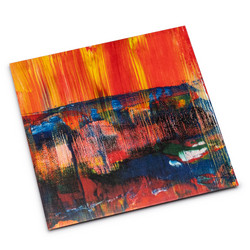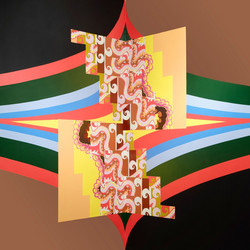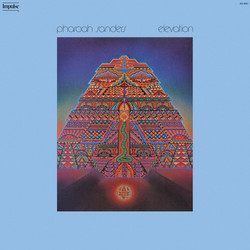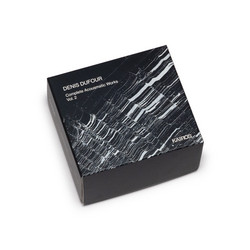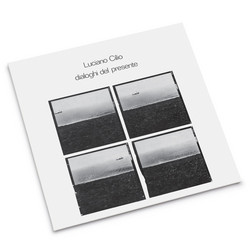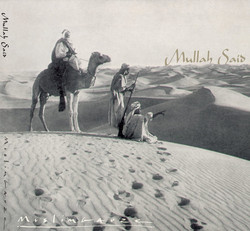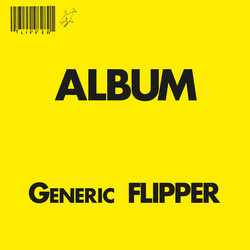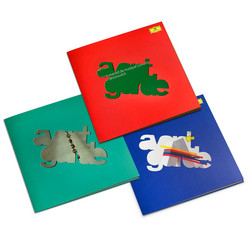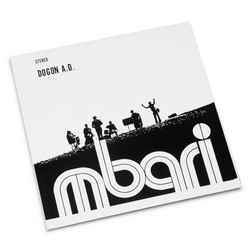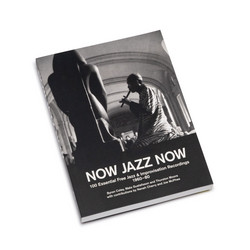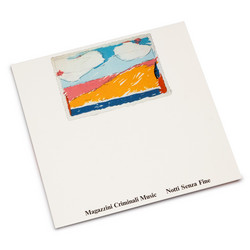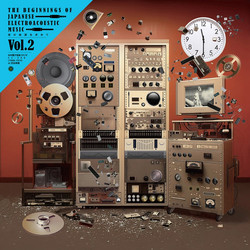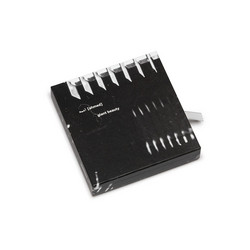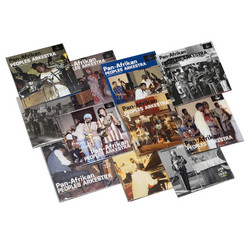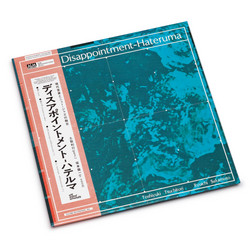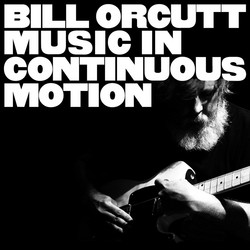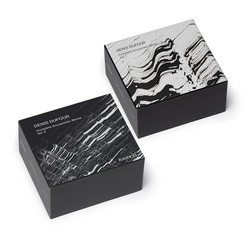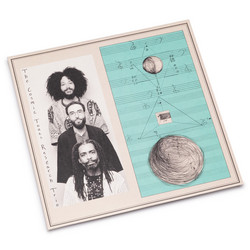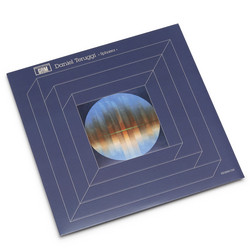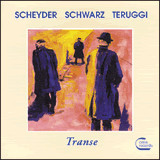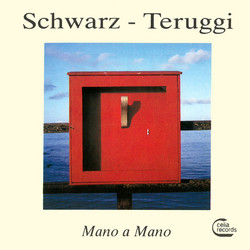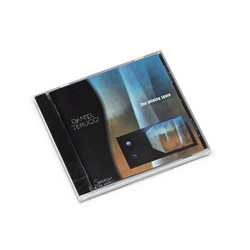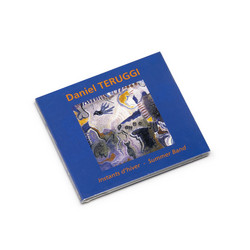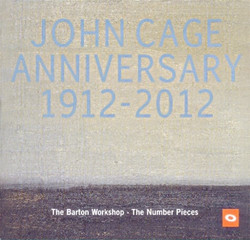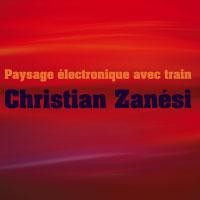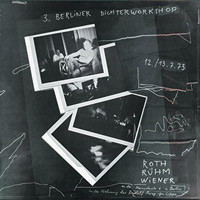"The Four Seasons, a possible interview with myself Where does the title The Four Seasons come from? This project started inadvertently in 1993 with the composition of the first work of the cycle Instants d’hiver (Winter instants). It is a work in several movements, some very short, coming from unfinished musical projects that I had abandoned. All these previous projects should have taken place in wintertime during the five years preceding the composition. I selected a lot of material I had prepared for these projects and starting from there I composed the piece. Then came Summer Band in 1996, for bandoneon and tape, whose title came naturally for me in reference to a work of Piazzolla's that I loved and [that] I played a lot as a teenager ("Verano Porteño", Autumn in Buenos Aires), it was also a journey into the bandoneon and its fascinating sound, which is an invitation to movement and rhythm. Twelve years passed between these two works and the next one, Autumn Song for piano and tape, composed in 2008. This is an introspective work rich in complementary dialogues between the two sources, a sort of pas de deux in sound. Having named this work implied that one day it would lead to the complete cycle; it was not clear during the composition of Winter Moments and Summer Band, but I decided to go until the end and give my vision of the four seasons; the decision thus took place in 2008. For this, the last season was needed and it only arrived in 2013 with Springtime; an acousmatic work that finishes/completes the cycle in a discovery game of this eagerly-awaited season. In the final version of the cycle, I organized the seasons in a different order to conclude with fall and thus present in a climatic disorder: winter, summer, spring, autumn. Are there any references to past works in this cycle? Not at all; one could imagine Goethe or Vivaldi watching behind my imagination, but it is rather the circumstances of the chosen titles throughout/over the twenty years that have created this total dimension. I have already mentioned the "Verano Porteño" by Piazzolla which was already a seasonal cycle, but only the Verano interested me, the rest of the cycle much less. All my works have each a strong identity but also present very different facets of my composition. Both acousmatic works are made up of a multiplicity of different sounds, in contrast with the works for piano or bandoneon and tape, only using the sound produced by the instrument and its transformations. You use the word tape to define the sounding part that is played with the instruments. Why? One could say that this is an old pre-digital habit when music was recorded on magnetic tape. With the disappearance of analog media, the word continued to be used to define this second sound element associated with a performing instrument, as opposed to the so-called real-time sound processing of instrumental sound, another situation in vogue. The word has remained more or less present among composers. In my case, as Summer Band was for "bandoneon and band" (tape is bande in French), I did not want to change the word for another, and even today I continue to use the word tape without any complex... I've never heard anyone I saying he did not understand what I was talking about. Same thing with the Spanish Cinta, the pun bandoneon and “band” doesn’t work of course in another language. (...)"
